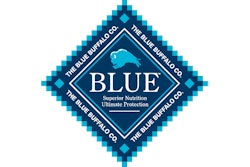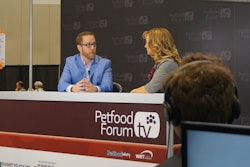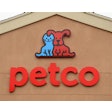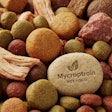
Merger and acquisitions in the pet food industry will likely slow in the coming years, according to an industry analyst.
On April 20, Bryan Jaffe, managing director for consumer and retail at Washington investment firm Cascadia Capital LLC, shared his insight on merger and acquisition activity in the pet food market with members of industry. Jaffe spoke as part of Petfood Forum 2016 in Kansas City, Missouri, USA.
Jaffe said merger and acquisition activity followed an up and down cycle over recent years and, after growing deal activity from 2013 to 2014 and 2014 to 2015, the industry is due for a slowdown. Two primary factors are behind this trend: valuations for pet food companies are historically high and investors are looking elsewhere for values and there’s a scarcity of opportunities after big moves by Petco Animal Supplies Inc., Petsmart Inc., MWI Veterinary Supply Co. and Big Heart Pet Brands.
“While I still expect transaction velocity to be elevated relative to historical norms, we’re likely looking at a period of lower consolidation and, therefore, it is more of an investment period,” Jaffe said. “Therefore, private placement should in fact be a higher percentage of transaction velocity in 2016 and 2017.”
What makes a company valuable?
Jaffe identified qualities the market sees as valuable: who the company reaches as a customer, how well the company can provide for all of its customers' needs and where the company’s products are sold. Companies that reach a wide breadth of customers, provide for all types of customers and all breeds of animals, and have convenient access to their product in the right locations will be identified as acquisition targets.
Investors consider brands that either appeal to the mass market or own a specialized corner of the market to be valuable. Appeal to both baby boomers, who are choosing smaller dogs and smaller animals, and millennials, who are bucking trends in pet ownership, will only grow in value in the future, Jaffe said. Appeal to owners of both large and small bread dogs, for example, is key.
Companies that can provide for the wellness of animals and are authentic are also valuable. Jaffe explained a compelling story behind the company, or an ethos, can instill a sense of authenticity. Following up on that with a product that actually does what it claims to do allows companies to charge a higher price for their product and makes it more valuable to investors.
Access to the product, geographically and economically, is the final prong. Companies with products available in more places at a competitive rate are more valuable.
Jaffe said consumers are now starting to question if a high-priced dog food is really worth it and, in the near future, they may start to pick a lower priced product.
Who are the buyers?
The pool of US companies active in the M&A space is small, Jaffe said, and those companies are looking to buy something they cannot replicate themselves. Brands active in the grain-free and natural spaces, companies with identities that connect with millennials and companies who have good fundamentals but are not growing quickly enough are most likely to be acquired. Jaffe sorted the buyers into the following groups.
Brand buyers: Big Heart, Nestlé Purina Petcare, Mars Inc. and WellPet LLC fall in this group. These are companies that who look at a valuation as multiple of revenue, rather than net profit.
Cash flow buyers: Ainsworth Pet Nutrition, Central Garden & Pet Co., Whitebridge Pet Brands LLC and Freshpet Inc.
Four companies can be considered both brand and cash flow buyers: Kent Corp., Petcurean Pet Nutrition, Spectrum Brands Holdings Inc. and Tyson Foods Inc. Jaffe said these companies are active in the market and looking to make major acquisitions, but aren’t willing to pay the prices demanded by those deals. He said they are in a “purgatory” space and will need to accept a higher price or look for a less attractive option.
Sleepers: Blue Buffalo Pet Products Inc., Colgate-Palmolive Co. and Nature’s Variety Inc. Jaffe said all these companies could be active in the acquisition space. Nature’s Variety could be active in the space, but they haven’t yet. Colgate-Palmolive owns Hill’s Pet Nutrition, but it’s facing questions whether it’s going to be in on future deals, or out. Blue Buffalo is in a strong place, but it needs to find more spaces to sell its food – veterinarians are now in play – and it could possibly make an acquisition in the future to sustain its momentum.
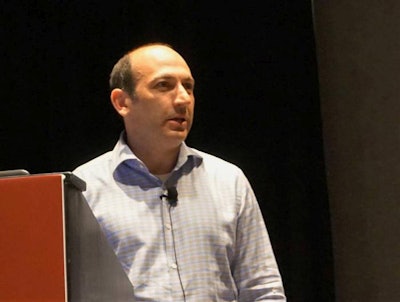
Bryan Jaffe, managing director for consumer and retail at Cascadia Capital LLC, speaks at the Petfood Forum in Kansas City, Missouri, USA.| Austin Alonzo
Jaffe emphasized the group is small and, because of that, acquisitions will be deliberate in the future. He said the pet food market is seductive because of the high valuations out there and likely when an acquisition is in the works, one or more of the companies he mentioned may be involved. In general, however, far more deals are talked about than ever get done because there is still a disagreement between the asking price and what buyers are willing to pay.



